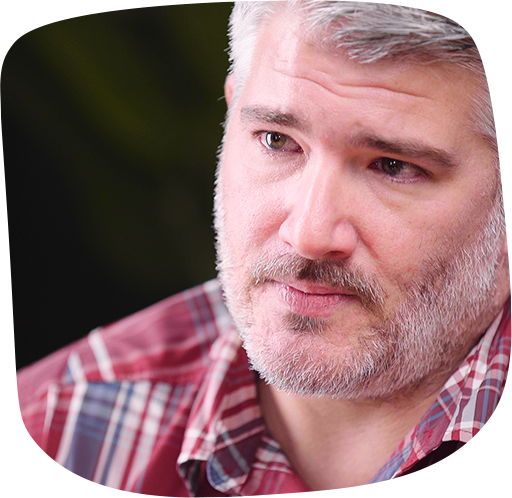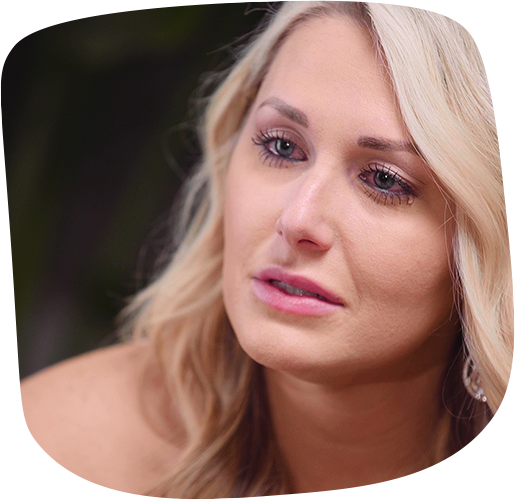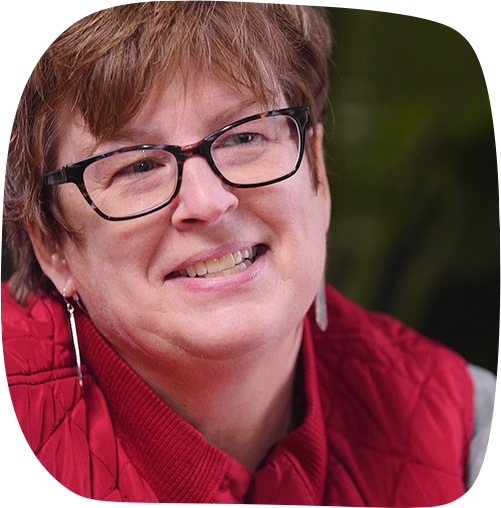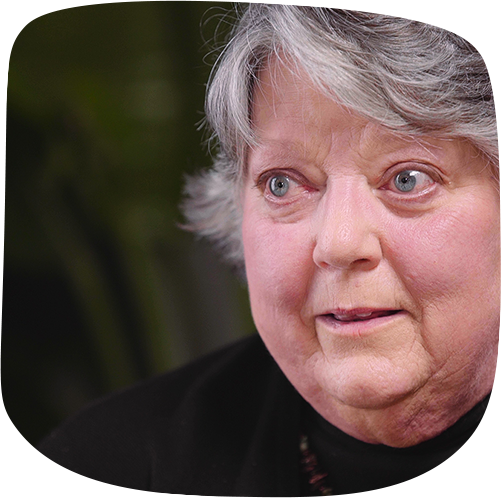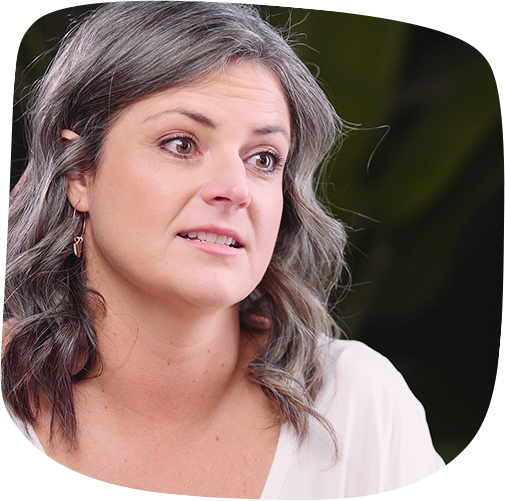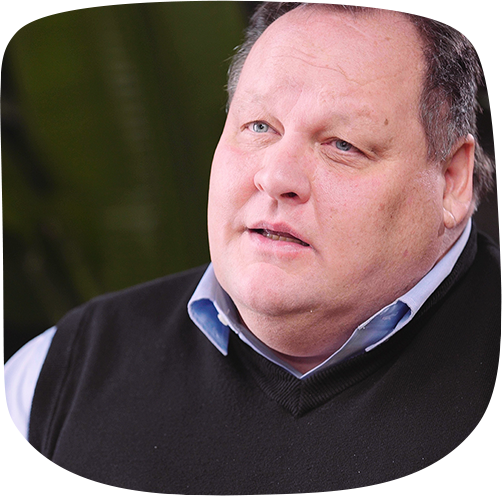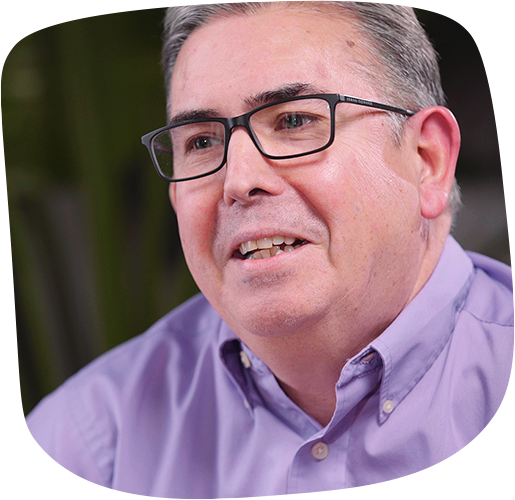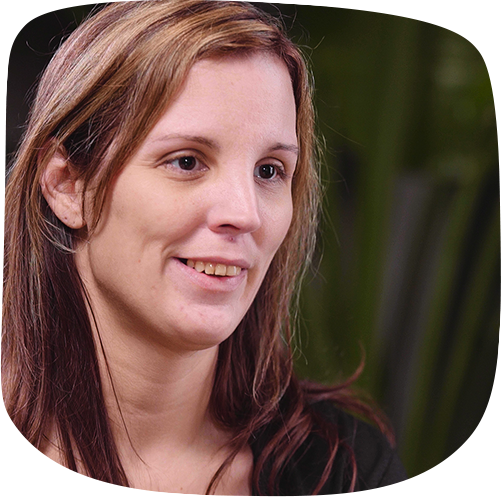Our mission is to help start the conversation about mental illness with our loved ones and our community. Please watch the videos to hear Jenn Jordan, a local radio personality, have a conversation with people who have struggled with mental illness.
How to Manage Anxiety and Depression
Mollie is a local radio show host who has been battling anxiety and depression since a young age. She has leaned on her family, friends and the community around her for help while navigating the ups and downs of depression.
Figures represent service levels since County Commissioners merged the Mental Health Board with the Alcohol & Drug Addiction Services Board in 2015
We Need Your Help
We live in difficult times. The COVID-19 pandemic has made problems even worse. With the instability of state and federal funding, local levies have never been more critical to the continued work of the Butler County Mental Health and Addiction Recovery Services Board.
In the last year, local mental health services impacted more than 39,262 Butler County residents—a 65% increase since 2015. Despite this spike in awareness and outreach, there has been no increase in local taxes since 2006 to support ongoing mental wellness. Programs that help our children address bullying, teen suicide, anxiety, stress, and drug abuse are in jeopardy of being underfunded. Adult and elderly programs designed to help with the depression of loneliness magnified by pandemic isolation are also in danger. We're seeking your help to advocate for these fantastic public services and to promote the importance of mental wellness.
Pain Pushes until the Passion Pulls
For Mat, mental illness has affected both him and his wife. Additionally, a drug addiction turned him into a person he never wanted to be, causing him to hurt those he loved the most. Mat finally hit rock bottom when he was sent to prison. There, he was able to seek help to understand his mental illness and was able to pull himself out of a tailspin. It took him a lot of time to earn back his family's trust. It wasn't until he helped his wife, who was battling her mental illness before it was apparent he had turned his life around.
Now Mat and his wife talk openly at conferences and help sessions. Watch now to see how he addressed his own mental illness and how he's helping others today. His wife Julie is also featured in a separate video elsewhere on this page.
The Bad Day
Jenny's bad day happened while she was at work as a school counselor. Her co-workers knew she was having a major issue and were there to help her get to the doctor. She was diagnosed that very same day. Since that day, she has been able to treat her mental illness through support from her family and her community. Watch now to see Jenn and Jenny talk about her bad day.
Mother's Love
When Susan picked up her son from his first year of college, she knew something was wrong. Her son broke down in the car during the ride home and told her about his mental breakdown. Like most parents, Susan did not have the experience necessary to help her son. It was never talked about in her community. She researched and spoke to professionals with how to establish and navigate the treatment. Today, she is thankful for the various programs and knows she is not alone in helping her son confront his mental illness. Watch now to see Susan and Jenn talk about a mother's love.
Program Increases by Age Group
The bar graph shown above reflects the percentage of those helped within the public mental health system by age group and does not include those who seek help from professionals in private practice. The bottom line: the need continues now more than ever.
Mental Wellness Services 24/7
Of all people who die by suicide, 90 percent have a treatable mental illness! Butler County's 24-hour Crisis Hotline (1-844-4CRISIS) receives over two hundred calls every month from a diverse population reaching out for help. Some callers simply need information or a referral. Others need to talk through a problem. Some have deep, troubling issues that need immediate assistance—sending a 24/7 mobile crisis response team into action. You can help ensure immediate help is available by becoming an advocate for mental wellness this November.
FACT:One out of three calls last year involved youth under the age of 18. Sadly, some in serious need never reach out for help.
Married with an Addiction
Julie's life was falling apart all around her. Her husband was battling addiction and depression while she faced addiction, depression and eating disorders. When he went into prison, she divorced him and began trying to claw her way out of her own mental illness. Julie says each day is a unique battle that can quickly result in a setback. Thankfully, she can talk to others about her struggle with mental illness and how there is a light at the end of the tunnel. Now Julie and her husband speak to other groups in the community about their mental illness battle. (See husband Mat’s interview elsewhere on this page.)
Misunderstanding of Bipolar
Jeff never thought he would have been diagnosed with a mental illness. At a younger age, when he was signing up for a company's health insurance, he didn't want to pay extra for a health plan that covered mental illness. Later in life, he discovered that anyone could be diagnosed with a mental illness, and by having the proper support systems in place, people can benefit from treatment to live a healthy life with a mental illness. Watch now to listen to Jenn and Jeff talk about his experience.
Service Growth by Community Region
since 2016
Programs Offering Help and Hope
Our mental health programs successfully assisted 39,262 people in Butler County last year (2019). Many benefitted from direct care for serious needs. Some were helped through contracted services with law enforcement. Many others were helped by prevention programs and educational services.
- Approximately 3,345 senior citizens who struggled with depression, anxiety or other mental illness were helped by our programs.
- 4,158 individulas with adolescent issues, including bullying, depression, and thoughts of suicide were helped by programs designed specifically for those 17 and under.
Note: 2019 stats reflect projections based on widely-accepted statistical trends.
Living with Bipolar 1
Dennis didn't discover his Bipolar One Disorder until later in life. Friends and family assumed he just had an outgoing personality, but when they began to notice a roller coaster of emotions from extreme highs to depressed lows, they encouraged Dennis to seek help. Watch Dennis and Jenn talk about living with Bipolar One.
Managing a Mental Illness over a Lifetime
From a young age, Mary often felt different from her friends, but didn’t know why. She struggled against racing thoughts of war and violence that kept her awake at night. When it all became too much to bear, Mary attempted suicide before school one morning by overdosing on medication. Fortunately, a teacher found her unresponsive in the library and called for help, saving her life. Today, Mary has made much progress on her journey, but she still needs support from the mental wellness community. Watch now to see Mary talk to Jenn about the ongoing management of her mental illness.
Did you know…
Tens of thousands of Butler County residents were helped by mental health services last year, 3,500 of whom were identified as severely mentally disabled? Without these services, the outcome could have been catastrophic for themselves or others. Thankfully, the mental health network was able to get them the help they needed.

